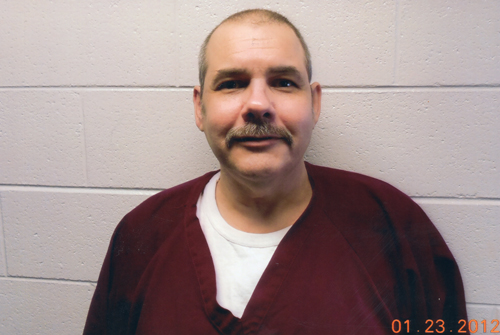
Joe Giarratano is hardly a typical prisoner: he’s been involved in two Supreme Court cases; he’s been published in the Yale Law Journal; and he’s taught a class on non-violence, all while locked up in some of the toughest prisons in the country.
But like tens of thousands of others, Giarratano has also spent time in solitary confinement.
Giarratano shared his story in a letter, which you can read here. This is how he described his first stint in “The Box,” in 1996:
I was placed in a small cell, 8’ x 10’, at best, with low ceiling. There was no window. Bar door, and then a solid steel door that was closed to cut off any contact with others. Once locked in, with steel door closed, the overhead light was turned off. The cell became pitch black. I could not see my hand in front of my face, nor see the toilet/sink combo. I stayed like that for 10 days.
Giarratano ended up spending eight years in solitary confinement:
Mental stimulation was, by design, limited. I was locked in the cell 23 hours a day. We were allowed 1 hour “outside” rec in a cage that was smaller than the cell.
The lasting damage is both physical and mental– Giarratano suffers from Vitamin D deficiency, gets very anxious around other people, and although he’s been returned to the general prison population, still chooses to spend much of his time in his cell.
Giarratano may never get out of prison. His death sentence was commuted to life in 1991 by the then-governor of Virginia, but – despite many questions about his guilt – he has been denied a new trial.
Still, as Giarratano writes, many others will get out, something that should make us all think twice about allowing the use of solitary confinement to continue:
I do not care how strong one is mentally solitary confinement will adversely affect you. I have literally watched grown men deteriorate before my eyes, and go mad. There were times during my 8 year stint that I lost it and began to hallucinate and lose my grip on reality. What the public needs to realize is that eventually all of those who experience that will be released back into society, far more broken than when they went in.
Go here to read Giarratano’s letter. Then take a stand against the dangerous overuse of solitary by signing our pledge.
Learn more about solitary confinement: Sign up for breaking news alerts, follow us on Twitter, and like us on Facebook.


